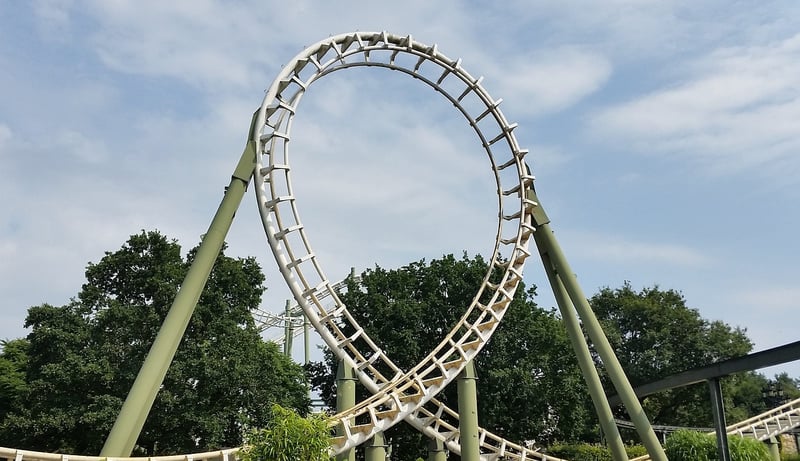Time Loops

The Fascinating World of Time Travel Laws and Time Loops
Time travel has been a popular concept in science fiction for decades, captivating audiences with the idea of journeying through time to alter the past or explore the future. However, the concept raises intriguing questions about the laws governing time travel and the possibility of time loops.
Laws Governing Time Travel:
While time travel remains a theoretical concept, if it were ever to become a reality, several laws may come into play:
- Novikov Self-Consistency Principle: This principle states that any actions taken by a time traveler in the past must be self-consistent and cannot create a paradox.
- Grandfather Paradox: A common time travel conundrum, this paradox posits that if a time traveler were to go back in time and prevent their grandfather from meeting their grandmother, the time traveler would never be born, leading to a paradox.
- Casual Loop: In a causal loop, an event is both the cause and effect of another event, creating a loop with no discernible origin.
Time Loops:
Time loops, a common trope in time travel stories, involve a repeating sequence of events where time travelers find themselves stuck in a cycle, often trying to break free. Some popular examples of time loops include the movie "Groundhog Day" and the TV series "Russian Doll."
Time loops raise philosophical questions about free will, destiny, and the nature of time itself. They also provide intriguing storytelling opportunities, exploring how characters cope with reliving the same moments repeatedly.
Image Sources:
Images used in this article are sourced from Pixabay:
Delve into the captivating realm of time travel laws and time loops to unlock the mysteries of temporal manipulation and the consequences of altering the fabric of time.